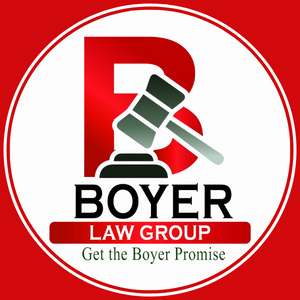Major car crashes often have a double impact on your financial security. You will probably miss work while recovering from your injuries, meaning that you may lose income. At the same time, you are going to have substantial bills related to any medical treatment that you require as well as for damage to your car.
You probably feel very concerned about your finances in the aftermath of a serious car crash, so a settlement offer from the insurance company can seem like a relief. You can use that money to pay your bills until you get back to work. Before you agree to a settlement, however, you will want to look at the offer very closely.
Settlements end your right to future compensation
Once you sign a settlement agreement or cash the check provided to you by the insurance company, you most likely won’t be in a position to negotiate for more compensation. The terms of a settlement typically make it clear that the insurance company has no liability for future losses. You may not know yet what your total expenses will be — especially if you haven’t recovered fully or been able to return to work.
Insurance companies try to offer less than they should pay
If you have a good idea of what your crash will cost you, you may need to counter the initial settlement offer. Companies often make strategic, low offers initially to limit their liability and overall costs related to a claim.
Starting off low means that the company can increase its offer while still staying under policy coverage limits during negotiations. In other words, they expect you to counter the offer, but they benefit if you don’t.
Understanding how settlements work can help you be smarter in how you respond to an offer from the insurance company after a crash.

